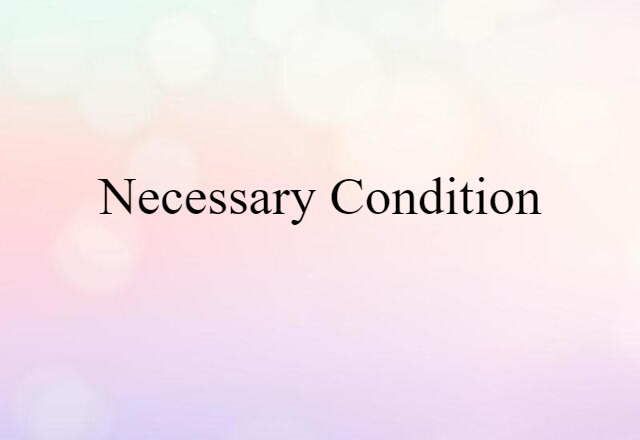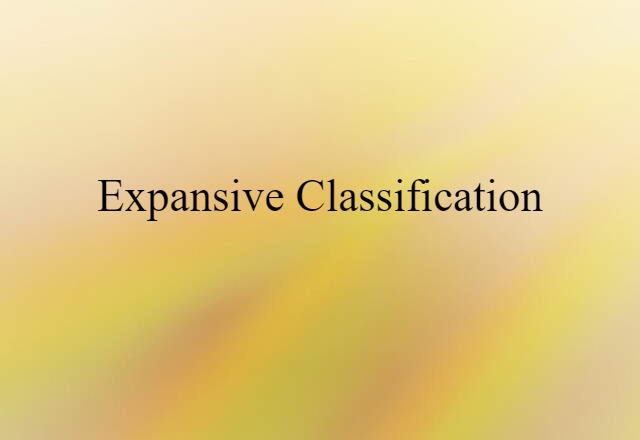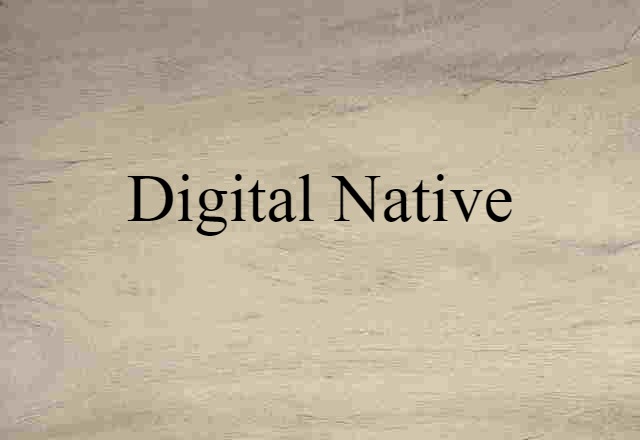- items or resources owned by a person, business, or government, as cash, notes and accounts receivable, securities, inventories, goodwill, fixtures, machinery, or real estate (opposed to liabilities): Infrastructure assets, such as telecommunications systems, are not as available or as reliable in developing countries.Depreciation applies only to tangible assets, which are the assets that exist in physical form, like vehicles, computers, etc.
- the items detailed on a balance sheet, especially in relation to liabilities and capital: The balance sheet lists assets and liabilities in order of liquidity; in other words, the assets most easily converted to cash are listed first.
- all property available for the payment of debts for a bankrupt or insolvent business or person, or the payment of legacies or debts for a deceased person:It is the job of the receiver to sell your assets and distribute the proceeds to your creditors.
- parts of a person’s body seen as sexual or attractive, especially a woman’s breasts or buttocks: That slinky, shiny outfit really shows off her assets.
- the property and claims against debtors that a business enterprise may apply to discharge its liabilities. Assets may be fixed, current, liquid, or intangible and are shown balanced against liabilities
- the property available to an executor or administrator for settlement of the debts and payment of legacies of the estate of a deceased or insolvent person
- any property owned by a person or firm

More Definitions
- MERKEL (noun) Definition, Meaning & Examples
- NECESSARY CONDITION (noun) Definition, Meaning & Examples
- EXPANSIVE CLASSIFICATION (noun) Definition, Meaning & Examples
- PHILOPROGENITIVE (noun) Definition, Meaning & Examples
- SPEAR GRASS (noun) Definition, Meaning & Examples
- BOMBOGENESIS (noun) Definition, Meaning & Examples















